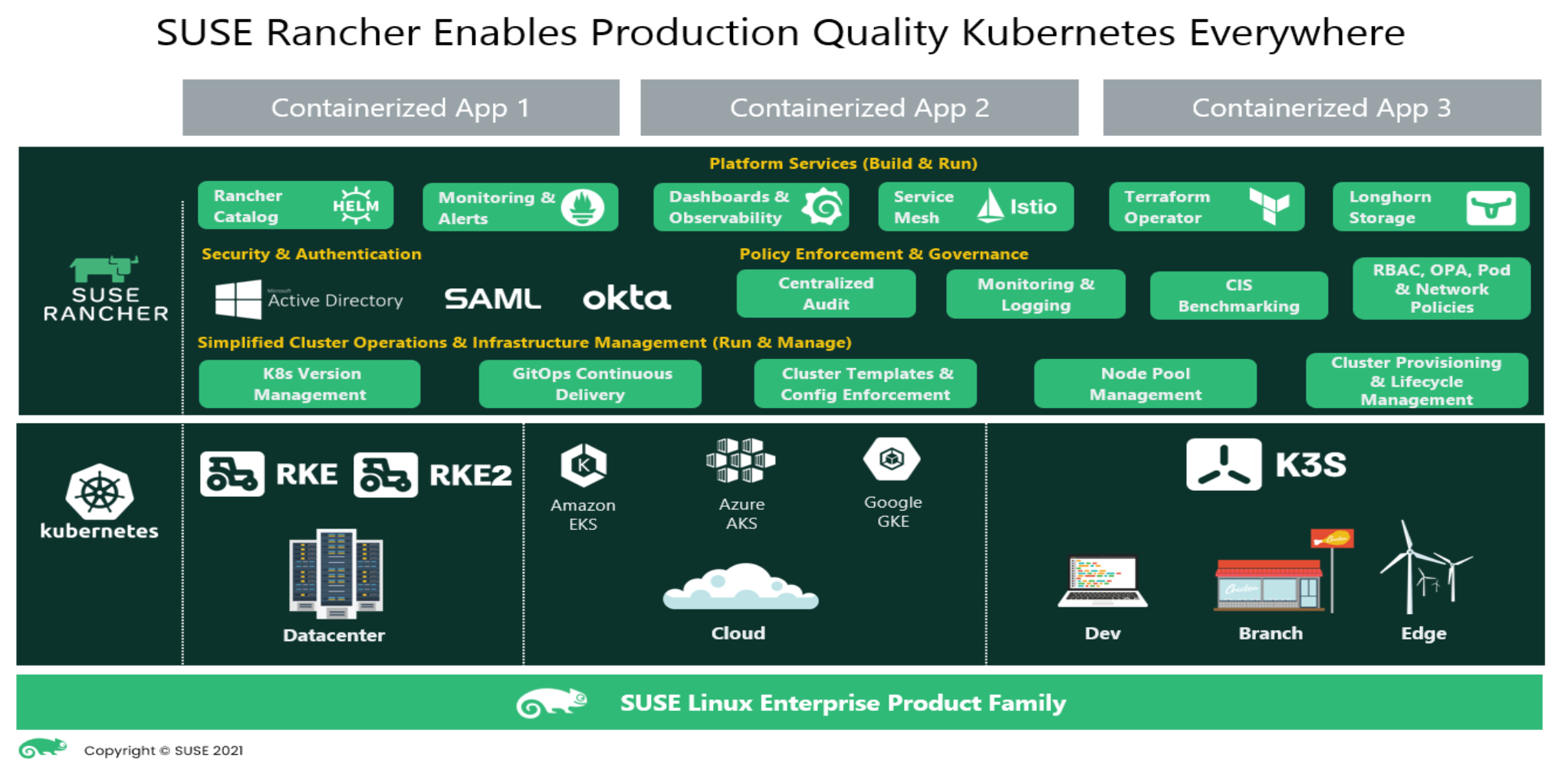Redefining the Digital Enterprise: The Strategic Imperative of Cloud-Managed WLAN
Executive Introduction
At Intercom Enterprises, we posit that wireless connectivity has transcended its status as a peripheral IT service to become the foundational substrate of the modern digital ecosystem. As global organizations accelerate their transition toward cloud-native architectures, application modernization, and hybrid operational models, the performance of wireless infrastructure has become a primary determinant of business agility, security posture, and service continuity.
Our extensive experience in engineering enterprise-grade networks indicates that legacy, controller-based WLAN architectures are increasingly inadequate for contemporary demands. These traditional systems often suffer from restricted scalability and fragmented visibility. Consequently, Intercom Enterprises facilitates a fundamental architectural transition toward cloud-managed WLAN solutions that are precision-engineered to align with cloud-first enterprise strategies.
The Cloud-Native Control Plane: Architectural Governance
Intercom Enterprises conceptualizes cloud-managed WLAN as a centralized, cloud-native control plane designed to unify policy orchestration, configuration management, and predictive analytics6. By eliminating the systemic dependency on on-premises physical controllers, we effectively decouple control logic from the underlying hardware.
This separation of concerns enables:
- Uniform Governance: Ensuring consistent security and operational policies across a global footprint.
- Operational Elasticity: Empowering the wireless environment to scale seamlessly in response to rapid organizational shifts without introducing operational friction.
- Strategic Alignment: Integrating wireless operations directly into broader enterprise cloud governance frameworks.
Strategic Access Layer Engineering
The efficacy of a cloud-managed architecture is inextricably linked to the robustness of its access layer. Intercom Enterprises employs a rigorous design methodology for access point (AP) deployment, predicated on multidimensional variables including user density, application-specific requirements, and unique environmental topographies.
Our ecosystems integrate the latest wireless standards—including Wi-Fi 6 and Wi-Fi 6E—to ensure deterministic performance across diverse settings, from high-density corporate campuses to expansive outdoor environments. By synchronizing AP technology selection with cloud-managed intelligence, we ensure that wireless infrastructure remains a catalyst for growth rather than a bottleneck.
Operational Scaling via Zero-Touch Provisioning (ZTP)
To facilitate rapid expansion in distributed enterprise environments, Intercom Enterprises leverages Zero-Touch Provisioning (ZTP). This automated workflow allows hardware to be pre-registered and deployed directly to remote sites, where it achieves full operational status upon connectivity without requiring on-site technical expertise.
The institutional benefits of ZTP include:
- Accelerated Deployment: Drastic reduction in time-to-market for new site connectivity.
- Risk Mitigation: Minimized configuration drift and human error through automated policy application.
Dynamic RF Optimization and Security Integration
Wireless performance is inherently volatile; thus, Intercom Enterprises utilizes continuous Radio Frequency (RF) intelligence. Our platforms execute real-time telemetry analysis to perform automated channel tuning, power optimization, and intelligent client steering. This proactive engineering ensures a seamless user experience for latency-sensitive, mission-critical applications.
Furthermore, security is treated as a core architectural requirement rather than an elective overlay. We integrate sophisticated defensive controls directly into the WLAN fabric, including:
- Advanced Encryption: Robust support for WPA3 and 802.1X authentication.
- Identity-Centric Access: Implementation of identity-based access control and Layer-7 firewalling at the wireless edge.
- Threat Detection: Integrated rogue access point detection to maintain environment integrity.
Data-Driven Intelligence and Operational Excellence
Intercom Enterprises transforms raw wireless telemetry into actionable operational intelligence. By leveraging historical and real-time analytics, IT stakeholders gain deep visibility into device behavior and performance trends. This shift from reactive troubleshooting to proactive optimization allows organizations to align their network investments with strategic business priorities.
Through integrated monitoring tools and event correlation, we reduce the Mean Time to Resolution (MTTR).
Conclusion
Cloud-managed WLAN is a vital evolution in enterprise connectivity and a cornerstone of the Intercom Enterprises design philosophy. By synthesizing centralized management with intelligent optimization and embedded security, we deliver resilient infrastructures that thrive within the modern digital ecosystem.
Ahmed Meselhy
Pre-Sales Consultant - Networking Solutions



 Ever get the feeling that cybersecurity is a never-ending game of whack-a-mole? Close one vulnerability, and another pops up!
Ever get the feeling that cybersecurity is a never-ending game of whack-a-mole? Close one vulnerability, and another pops up!